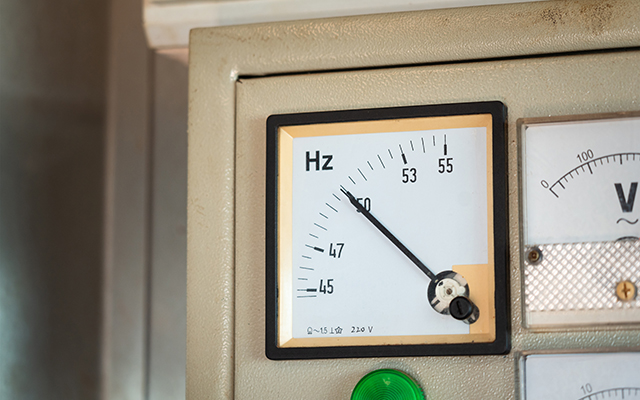When you purchase a standby generator, you will more than likely be asked what size you require. If you have never purchased a diesel generator before this or are unfamiliar with power generation units, picking the right size can be a bit tricky. You will notice that some generators use two different types of power ratings – both kW and also kVA. While both values express power, they are actually quite different.
We have all heard of kW from general electronics, but outside of the generator industry kVA isn’t a widely known term. There are plenty of technical terms when it comes to generators and how they produce electricity, kVA being one of them, and they can be confusing if you’re not familiar with them. To help make it easier for anyone looking to purchase a generator, the team at Vital Power will explain everything you need to know about both kW and kVA.
What is kW?
kW (kilowatts), ‘actual power’, is the amount of power that is converted into useful working output. This tells you the amount of actual power that does valid work. This is why all electrical appliances are rated in kW, so you know exactly how much power is required to run them.
To put it simply, when thinking about how to choose a diesel generator, the kW is the number you should really be concerned about.
What is KVA?
kVA (kilo Volts Amperes) is known as the ‘apparent power’ of a particular circuit or electrical system. kVA tells you the total amount of power in use in a system. In a 100% efficient system, kW will be equal to kVA. However, unfortunately electrical systems are never 100% efficient and therefore this isn’t the case. Only a portion of kVA will be used for useful work output in reality.
Converting between kW and kVA
You can convert between kVA and kW if you know the efficiency of your electrical system. Electrical efficiency is measured as a power factor between 1 and 0, with 1 being completely efficient and 0 not having any efficiency.
So, the closer the power factor is to 1, the more efficient a particular device’s electrical usage will be. Another way to say this is – the closer the power factor is to 1, the more efficiently the kVA is being converted into useful kW. The power factor, unless it is defined and known, is an approximate value which is typically 0.8.
What is the difference between kW and kVA?
Ultimately, the difference between these two measurements is the power factor (pf).
It may help to see it written out mathematically. The relationship between kW and kVA is described as:
kVA x pf = kW
kW / pf = kVA
kW / kVA = pf
So, for example: 250 kVA x 0.8 pf = 200 kW
To make it simpler to understand, at Vital Power we like to use a universally-understood beer analogy. The total contents of your pint glass (liquid and foam) is the kVA. However, only the liquid part of your beer is actually useful for quenching your thirst. The liquid, therefore, this is the kW. The better the bartender (the more efficient the electrical system and the power factor), then the more beer (kW) you get.
kW v kVA: which should you use when purchasing a diesel generator?
When it comes to kVA v kW, you will find that any good generator manufacturer will use both. kW is most commonly used when referring to generators in the United States, while the majority of the rest of the world typically uses kVA as the primary value when referencing diesel generator sets.
Therefore, companies will predominantly advertise their generators in kVA however, if you request a generator in kW they will be able to provide you with something that meets your requirements.
It is important to choose the right-sized generator for your needs. If you’re unsure which size generator you require, the team at Vital Power will be able to provide you with their professional opinion. Vital Power has a comprehensive range of both single-phase and three-phase generators for sale, ranging from 7 kVA upwards.
So, no matter whether you think you require a 750 kW diesel generator or a 65 kVA diesel generator, Vital Power will be able to assist you further. Contact Vital Power today to discuss your generator needs in more detail.








